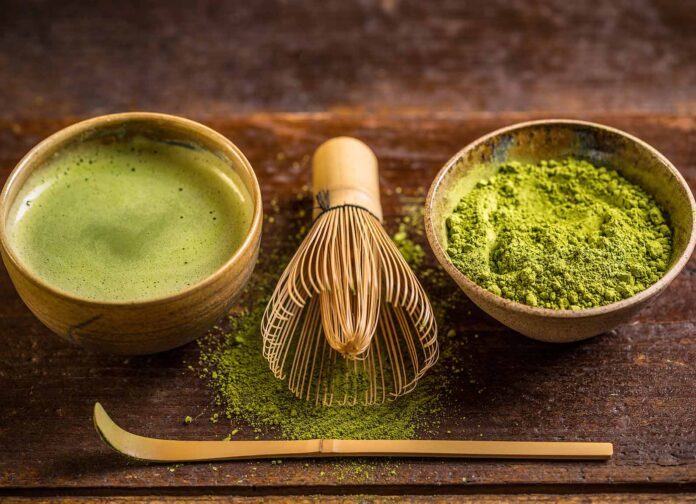In Pakistan’s tea-soaked landscape, matcha arrived like a stranger in a familiar town. Quiet, green, and vaguely sophisticated. Rooted in Japanese Zen traditions dating back to the 12th century, matcha is powdered green tea that has long been associated with meditation, ceremony, and precision. But in Pakistan, a country where tea is less beverage and more lifeblood, matcha’s arrival was never going to be simple. It entered stealthily, through elite café menus and Instagram stories, offering something few knew they needed.
The timing was peculiar. Matcha began showing up around 2017, mostly in upscale neighborhoods of Karachi and Lahore, carried in by global wellness trends and café culture. It was the perfect time for matcha to surface, amidst rising preferences for oat milk and minimalist branding. At first, matcha wasn’t even pronounced correctly but it stuck around long enough to grow in visibility if not in numbers.
The reality is, matcha is still a curiosity in Pakistan. It’s estimated that less than 1% of the population has ever tried it. In a country that consumes over 260,000 tons of tea a year, with a retail tea market exceeding $1.6 billion, matcha remains an imported niche. Its annual sales are likely not even scratching the surface of the billion-rupee beverage economy. The contrast couldn’t be more stark; chai is sold at dusty roadside dhabas for Rs 100 to Rs 250 a cup; while matcha is served in white ceramic for Rs 700 to Rs 1200, often paired with almond biscotti or gluten-free banana bread. This is the story of a high-end product in high-end cafes that is existing along with coffee, which is already a statistically small product. The content in this publication is expensive to produce. But unlike other journalistic outfits, business publications have to cover the very organizations that directly give them advertisements. Hence, this large source of revenue, which is the lifeblood of other media houses, is severely compromised on account of Profit’s no-compromise policy when it comes to our reporting. No wonder, Profit has lost multiple ad deals, worth tens of millions of rupees, due to stories that held big businesses to account. Hence, for our work to continue unfettered, it must be supported by discerning readers who know the value of quality business journalism, not just for the economy but for the society as a whole.To read the full article, subscribe and support independent business journalism in Pakistan









